YES studio
Javier YAÑEZ (ES)
YES STUDIO
Javier Yañez (ES), architectCollaborators: J. Devesa, E. Diez, F. Gonzalez, I. Luelmo,
V. Pascual, M. Perez De Sarrio, I. Torregrosa Av. Alfonso X El Sabio nº9, 4ºD 03002 Alicante – España
+34 965 213 084 – mail@y-e-s.es
www.y-e-s.es
YES studio on Facebook

YES studio
When did you win Europan? On which sites and in which countries? How was the team formed by then? Please describe the main ideas of your projects?
I won Europan in 2005 and 2007 (E7 & E8) in Wien (Austria) and in Stavanger (Norway). The team was then leaded by 3 architects –myself and Iván Capdevila Castellanos & Vicente Iborra Pallarés / PLAYstudio– and formed by other architects and students. We also received the collaboration of Engineers (Statics and Physics).
The focus of all projects is set up at the suburban challenge and how to deal with this endemic situation that is common in most European cities. Over the last centuries, European cities have extended outwards following a suburban design which has led to a “non-city” layer that covers more than 80% of urban footprint. The lack of outdoor life and street furniture, the long distances to cover within the city and the uncomfortable weather in the cold months of the year make most of this suburb a socially, ecologically and landscaping failed design.
All projects try to engage a new social, environmental and landscaping situations through architecture, suggesting a ‘receding urbanism’ which will drastically cut down on the cities urban footprint and create a new wide variety of urban situations, a much more varied, lively and ecological overall.
E7, Wien (AT) – "Fallow Land"
Team: Ivan Capdevilla Castellanos, Vicente Iborra Pallares & Javier Lorenzo Yañez Molina
E8, Stavanger (NO) – "Beyond the Horizon"
Team: Ivan Capdevilla Castellanos, Vicente Iborra Pallares & Javier Lorenzo Yañez Molina
Did your projects have any follow-up? If yes, which one and how? Did this step have a learning effect for you as far as the process is concerned? If yes, which one? If not, why did the projects not go further?
Yes. Europan 7 in Wien is already under construction and almost finished (final construction date is June 2016).
Europan 8 in Stavanger was developed by our office and unfortunately turned into a park (instead of park+housing). Unluckily the client (City of Stavanger) wanted to develop the project exclusively through a Norwegian architecture office and even we have pushed to continue with our project, it seems we will not be able to.
Both these steps have represented a great learning for us. Both processes have extended for many years and provided us with a huge experience in a wide range of aspects such us managing, dealing with clients, understanding different cultures and so on.
Follow-up in Wien (AT)
Follow-up in Stavanger (NO)
Did winning Europan launch the creation of a professional structure and if so, which structure and with whom?
Winning a European competition is not enough in itself to push to create a new office. It helps, but it is unfortunately not enough. The point is European implementation processes usually represent a really long time and also most of the times do not succeed. By the way, we never found a relationship between “winning Europan” and getting commissions. So developing a Europan winning project extinguishes itself.
Concerning our own experience, when we first won Europan we already had an office with our own commissions that made the practice possible. Unfortunately our former office disappeared along both processes and former partners have created new ones. So the Europan processes usually take so long that it can actually last longer than the offices themselves and lead to infeasibility and a paradoxical situation.
Did winning Europan have a label effect for you after the competition (acknowledgement by clients, call to participate to competitions or direct order)? If yes, how? Do you feel being part of a “Europan generation” and if so, why?
Regarding clients, absolutely none.
From our experience Europan really creates a greater impulse in terms of representativeness and acknowledgment between colleagues (architects), but unfortunately it has never represented any impulse in terms of clients or any call to participate to competitions or direct order.
As far as a Europan Generation is concerned, after winning Europan twice and participating to 4 seasons, of course yes, we do feel like part of it.
Did the issue developed in your winning project act as a baseline for the later development of your work? If yes, how? And more specifically in which projects –implemented or not?
The main Europan concepts were developed in further projects. Unfortunately the office works developed onwards have not been on the XL-scale Europan usually involves. So all the urban concepts range were difficult to develop for not getting any urban scale commission. But other design aspects were implemented in different office projects.
Our project design process is implemented in all projects. It is always based on our special approach to architecture, based on an advanced and extended implementation of each place own background, and are mixed together with a “social, mental and environmental” (see F. Guattari’s “The Three ecologies“), involving the project iconography and generating a multifunction and funny product that binds together through the use of some magic to finally generate the final project.
Plurifamiliar housing in Alicante (ES) – 2005
A foreign yet familiar space
Hyper-density in Malmö (SE), Europan 11 – 2011
A social, ecological and landscape city
Other projects
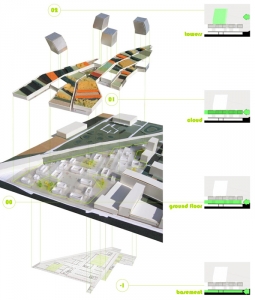 E7 Wien (AT) – Urban strategy
E7 Wien (AT) – Urban strategy 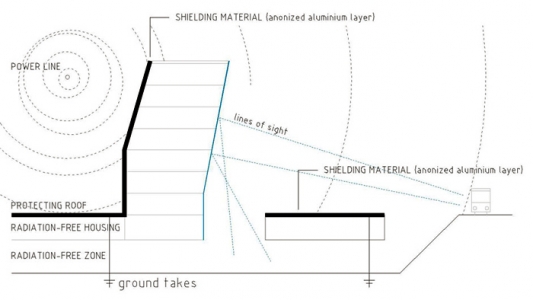 E7 Wien (AT) – Section
E7 Wien (AT) – Section 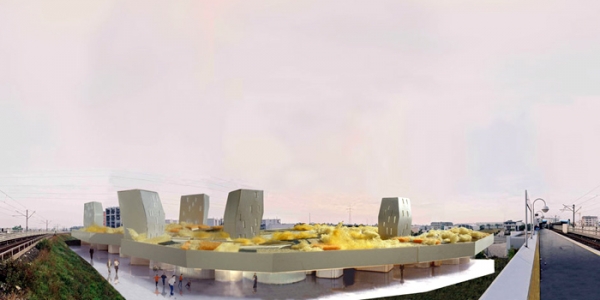 E7 Wien (AT) – General view
E7 Wien (AT) – General view 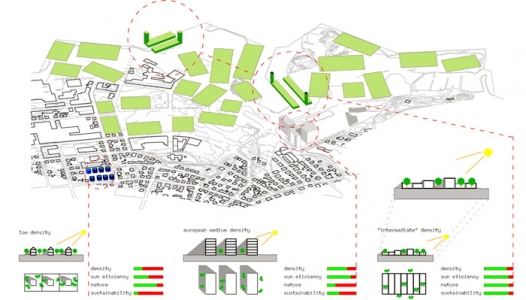 E8 Stavanger (NO) – Strategy
E8 Stavanger (NO) – Strategy
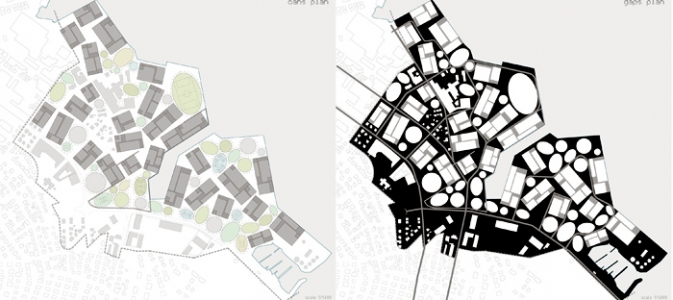 E8 Stavanger (NO) – Plans
E8 Stavanger (NO) – Plans
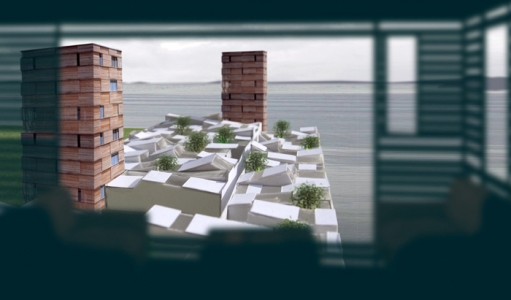 E8 Stavanger (NO) – General view
E8 Stavanger (NO) – General view
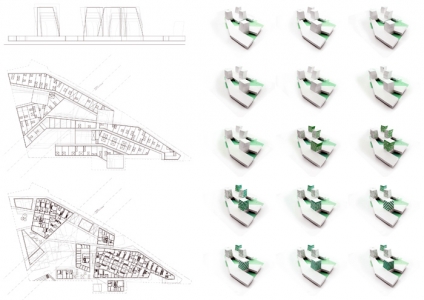 Wien (AT) – Studies
Wien (AT) – Studies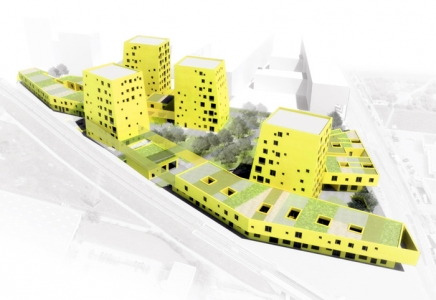 Wien (AT) – Evolution of the project
Wien (AT) – Evolution of the project 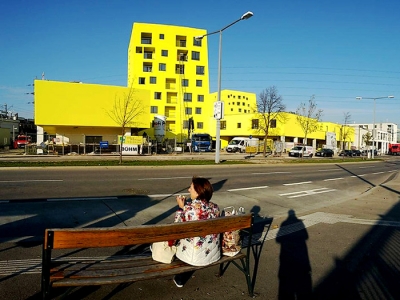 Wien (AT) – Ongoing implementation
Wien (AT) – Ongoing implementation 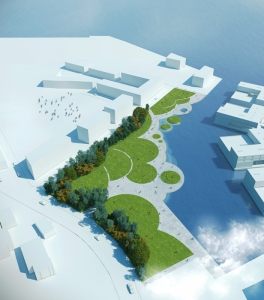 E8 Stavanger (NO) – General view
E8 Stavanger (NO) – General view 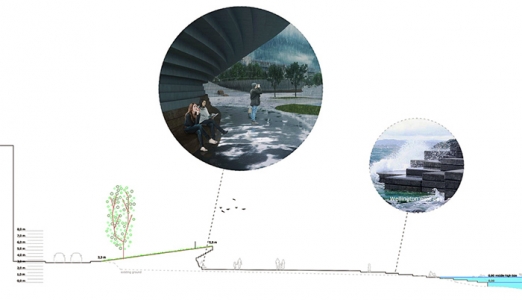 E8 Stavanger (NO) – Section
E8 Stavanger (NO) – Section 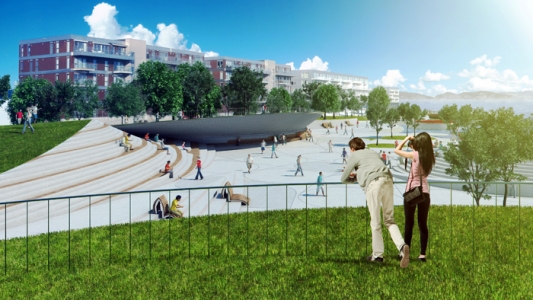 E8 Stavanger (NO) – Perspective
E8 Stavanger (NO) – Perspective 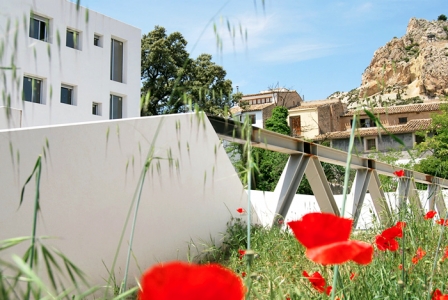 Alicante (ES) – Familiar intimacy
Alicante (ES) – Familiar intimacy
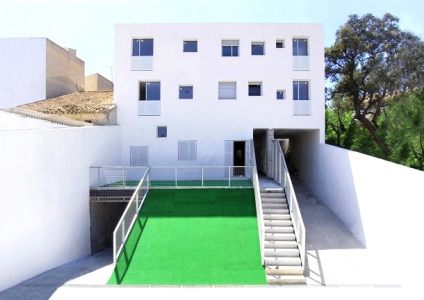 Alicante (ES) – A large house rather than
Alicante (ES) – A large house rather than 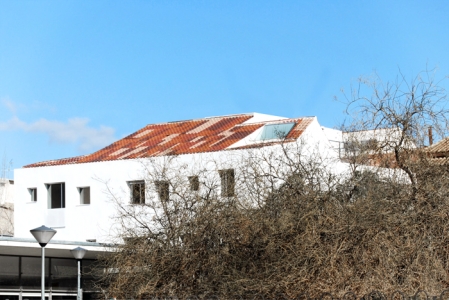 Alicante (ES) – A singular landscape
Alicante (ES) – A singular landscape
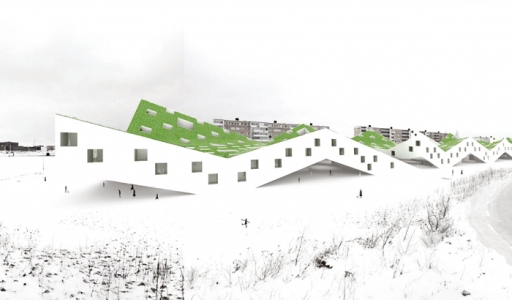 Malmö (SE) – A new social and urban fabric
Malmö (SE) – A new social and urban fabric
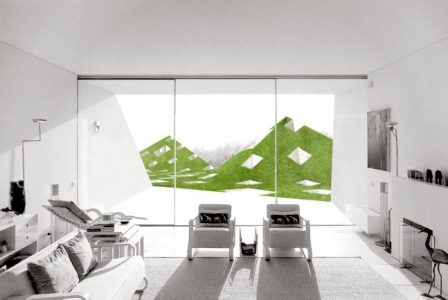 Malmö (SE) – Sutainable housing units
Malmö (SE) – Sutainable housing units
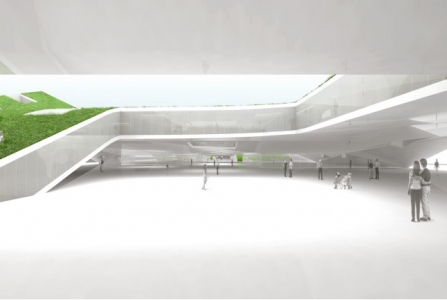 Malmö (SE) – Social street / Residential corridor
Malmö (SE) – Social street / Residential corridor
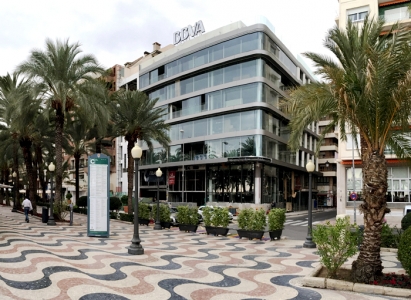 Alicante (ES) – Open-air building
Alicante (ES) – Open-air building
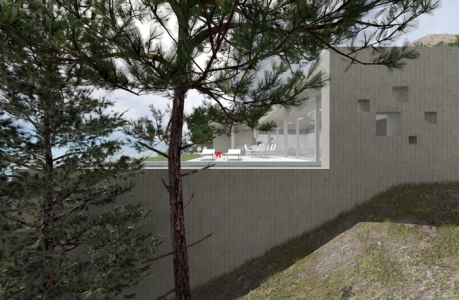 Altea (ES) – Private house
Altea (ES) – Private house
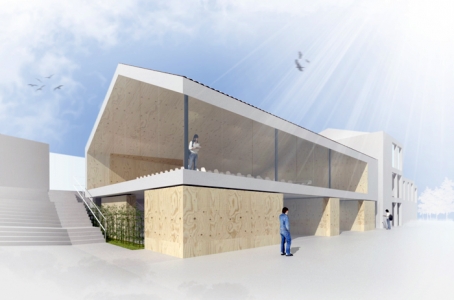 Benimantell (ES) – Cultural centre
Benimantell (ES) – Cultural centre